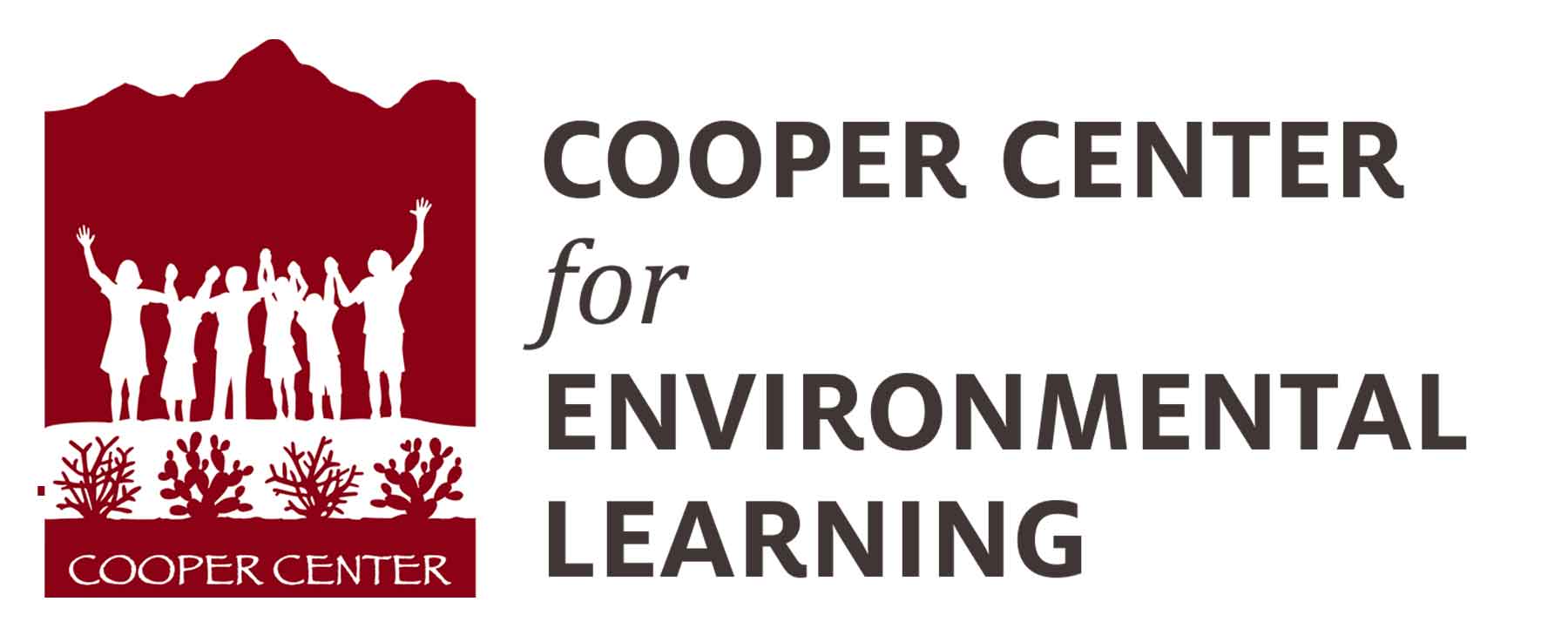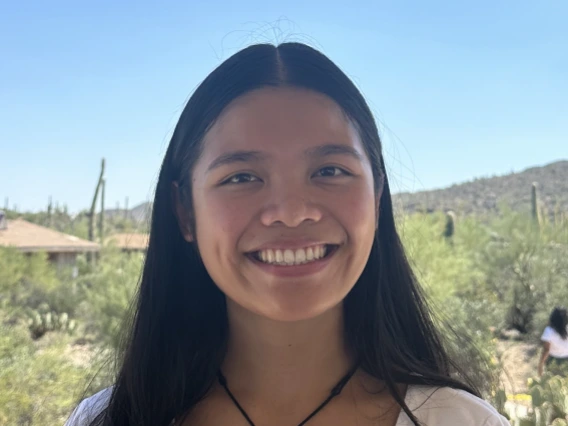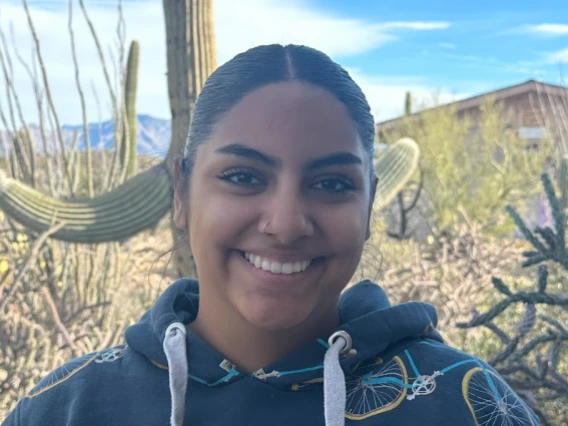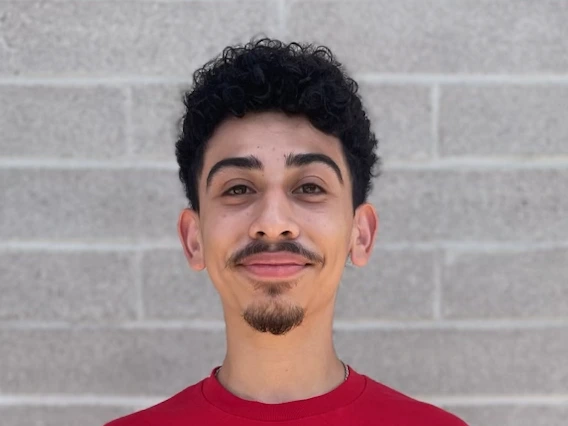Internships At The Cooper Center
Cooper Center interns work with us to develop and enhance programs, curriculum, administration and more. Our interns work alongside our education staff to encourage hands-on learning and exploration of the Sonoran Desert for the students of southern Arizona. Training is provided in accordance with the Cooper Center’s Mission Statement and our desire to help students develop positive feelings for the natural world, and to learn to live more lightly on the earth.
Apply For An Internship
Please send us a letter of interest and any questions you might have.
Contact Us At:
coe-coopercenter@email.arizona.edu(link sends e-mail
520-626-1825
We are fortunate to work with the following scholarship programs at the University of Arizona that help to underwrite our intern program.
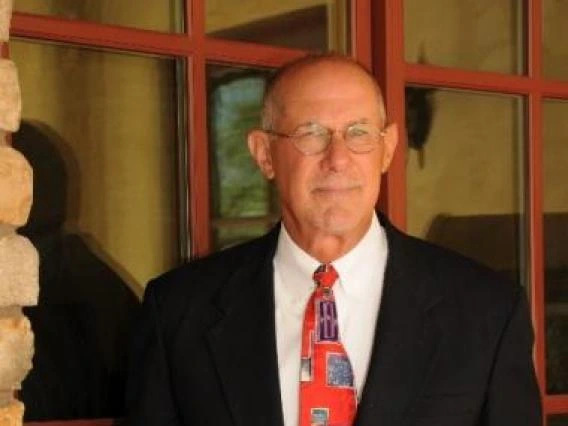
This program invites interns to learn through an experience in informal education, outside of the classroom experience. Participants intern in education-related offices, outreach programs, learning centers/programs at the school or district level, museums, evaluation agencies, or other school collaborative projects.
Outdoor environmental teaching positions include working with students PreK-12 from Southern Arizona public and private schools to encourage the hands-on learning and exploration of the Sonoran Desert. Training is provided based on the Cooper Center’s Mission Statement and the ideals of the Institute for Earth Education in order to “emphasize understanding of basic ecological processes, develop positive feelings for the natural world, and make personal lifestyle changes.”
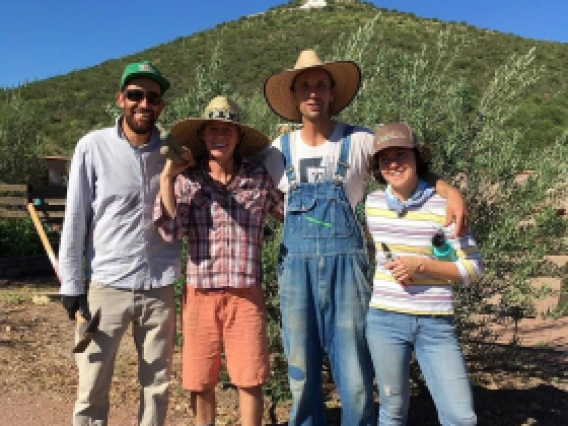
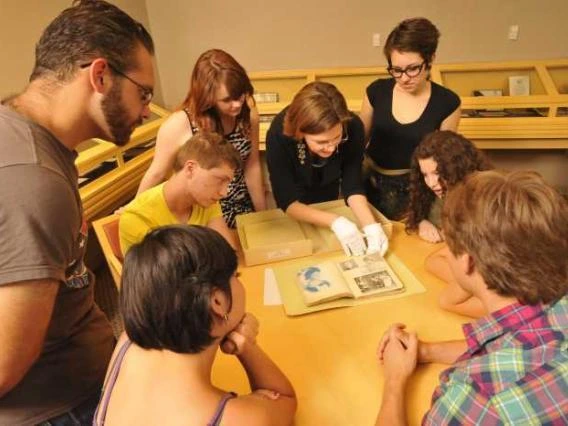
Leadership & Learning Innovation (LLI) majors can use internships for elective credit in their program of study and are a great way for students to explore career paths, get academic credit, and build their resumes all at the same time. Internships also give students the opportunity to: put methods and theories from coursework into practice, engage with a professional community and develop valuable leadership skills such as critical thinking, communication, and collaboration, gain concrete experience for future employers in areas such as program design, advocacy, and assessment.
The LLI internship course for credit is offered to sophomores, juniors and seniors. Students typically want a 3-unit internship but are able to seek 1- 6 units of course credit for successfully completing the syllabus requirements of the internship course.

